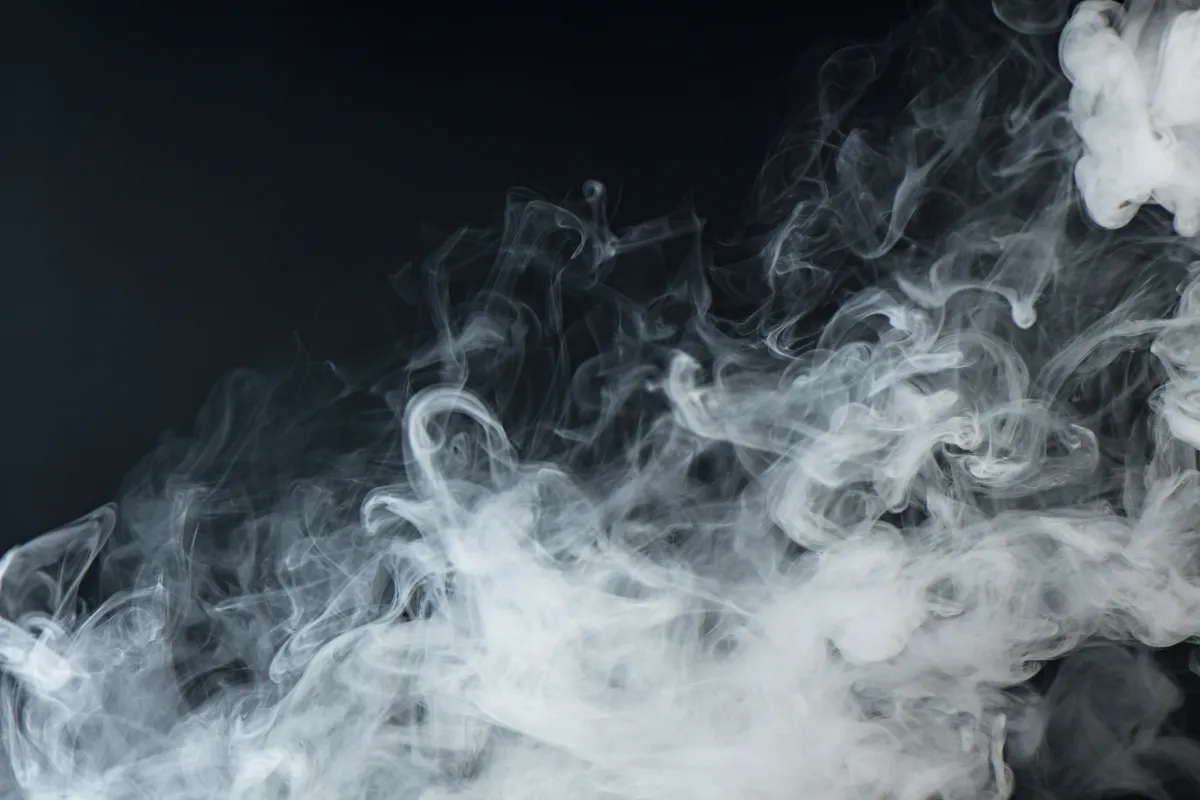
Tobacco and Vapor Licensing
In 2019, the legislature clarified the tax on tobacco products to include e-cigarettes, vape pens, and other vaping products, despite the fact that no tobacco or cigarette tax had been previously paid on these products. As of January 1, 2020, tobacco products (including vapor products) will be prohibited for use under the age of 21.
A license is required to sell or distribute tobacco or vapor products in Washington. When you apply for a license through the Department of Revenue's Business Licensing Services, they send your application to the Washington State Liquor and Cannabis Board's Enforcement Division who will determine if you are qualified to hold a tobacco license, which includes passing a criminal background check.
Washington requires one license for cigarette selling or distributing and another to sell or distribute other tobacco products (OTP). If you plan to sell both cigarettes and OTP, you need both cigarette and OTP license types for your business.
If you sell tobacco, you must:
- Purchase tobacco products from legitimate sources (people licensed to sell tobacco products to retail outlets in Washington).
- Maintain records on your premises to show where those tobacco products were purchased.
State law requires:
- Three vapor product licenses for retailers, distributors, and delivery sellers.
- Licensing fees that change for all tobacco retailers.
- Penalties and fines to increase for all tobacco retailers.
The law, RCW 70.345, regulating vapor products will impact all tobacco retailers became effective June 28, 2016. It applies to items such as the ban on open displays, tasting restrictions, ad restrictions on coupons, as well as requirements for child-resistant packaging and labeling. The law regulates all vapor products, whether or not they contain nicotine, and is intended to provide Washingtonians with consumer protection, child safety, and to eliminate youth access.
Apply for a tobacco and vapor license